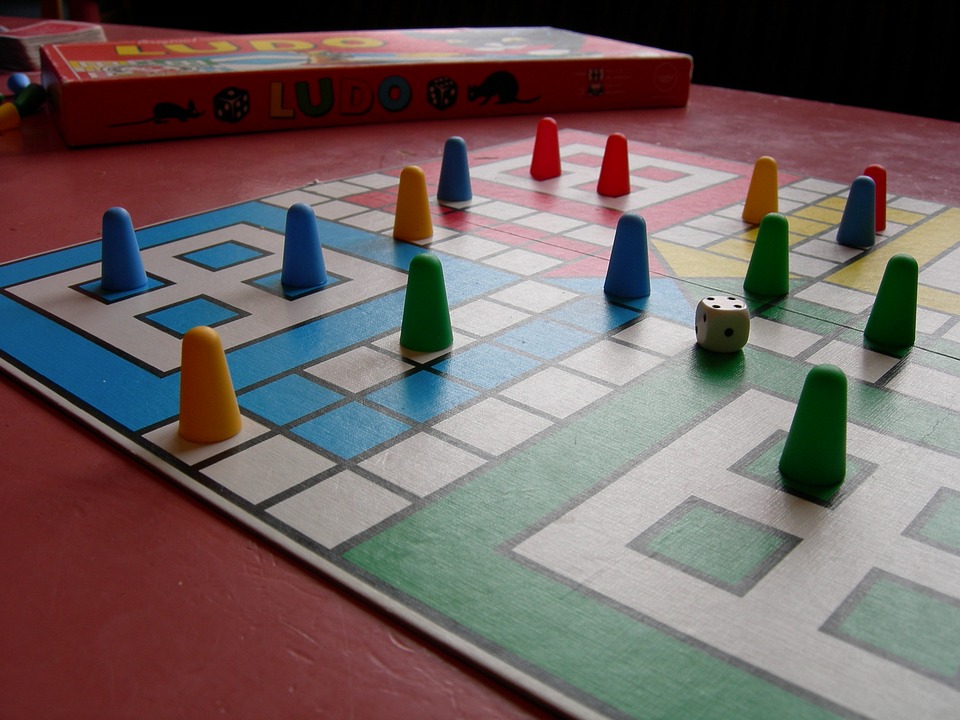Free Will & An All-Knowing Creator
One thing that many religions have in common is the concept of an all-knowing deity and free will of humankind.This is an interesting paradox, and is one that Judaism professes as well.
Since this site is grounded in a Jewish approach, we’ll stick to this lens for the conversation.
How does Judaism reconcile the theology of HaShem being omniscient (all knowing), omnipresent (everywhere), and all powerful with the concept of free will that allows for self-determination, when is some ways it seems that free will could go against G-d’s Will?
This religio-philosophical game of tug-o-war presents itself through the Torah, the foundational legal code of the Jewish people and their narrative from Creation to the Promised Land. I will admit, however, that the situation is easier to understand and work out within a Jewish lens than outside of one. For example, how to Christians work out their eschatology (end times, apocalyptic stuff) that’s written down with the notion that mankind as free will? What if someone didn’t follow their script? Alas, within Judaism, Torah itself does not tell us of the end of days. It alludes to a future redemption, which is expounded on by Rishonim (early sages) and Kabbalists, but even in those cases there is a general vagueness.
Before we get into the nitty gritty and try to work it out, let’s ponder the intellectual minefield of this paradox…
The All-Powerful Creator
G-d is all powerful. He knows all, sees all, is everywhere and is everytime. He’s in the food you eat and more. Moving aside from the tangent of eating G-d, if G-d can do all, then doesn’t this negate free will? What about Pharaoh? Torah says HaShem hardened his heart. Did he no longer get to choose? Hmm…
The Dilemma of Free Will
If the collective of humanity has absolute free will, then wouldn’t Pharaoh be able to resist HaShem? If we have a book of prophecy wouldn’t we be able to negate it and choose otherwise?
Not like the other religions…
This is a key component here. Within Judaism there is a harmony between the All-Powerful and Free Will. It’s called omniscience. When Torah is recorded, we get words like “HaShem regretted what He had done.” Does G-d truly regret? If so, doesn’t that defeat All-Powerful because wouldn’t that kind of power include knowing everything? We have to recognize that the text is not telling us that G-d regrets. The text is trying to express the complexity of HaShem to our simpler mental capacity. G-d didn’t regret what He did, but that’s how we can understand His regret that He had to do that as a result of our free will.
Omniscience is fickle in this regard. If HaShem is truly omniscient, then a prophecy is not preventing free will – just merely telling us the choice we have already made. That, and if HaShem is incorporeal, then He isn’t bound by time, and can see all time at once. In this consideration, HaShem is simply enabling Torah to tell us what we are doing…or have done..or are going to do…if you can grasp that.
So, is there a paradox? In the end, not really. But there’s more…
What if free will destroys the world or wipes out Israel?
Excellent question. Artificial intelligence decimates the planet. Nuclear war creates a Middle East wasteland. Or, we go extinct from our own carbon emissions. In the face of this science fiction turned science possibilities, what happens? Can our own free will derail G-d’s will and plan?
Yes. No. And both.
Yes in that we have free will and we are responsible for the actions we take and decisions we make. No as in that we cannot truly overpower HaShem (see: Eden, Flood, Tower of Babel, etc.). The both? This is where we enter the paradox once again. Our free will is simply a reflection of the nature of free will within HaShem (albeit a miniscule one). G-d’s plan is predicated on the notion of free will, and it is free will that enables the world to exist as it is and for Torah to be pursued.
Can we go against G-d’s will, then? Yes. It’s called every sin and shortfall when someone doesn’t fully follow Torah and halacha.
Can we subvert G-d’s plan? No. It’s the self-fulfilling prophecy. No matter what we do to oppose G-d’s grand plan, it only goes to further fulfill it. Consider like a chess game between man and mice, and we’re the mice. It’s impossible for us to work out every angle and be at the same level as HaShem, so we truly cannot foresee every outcome of every action and how it leads back in. And sometimes, G-d does a course correction to bring us back to point.
A great metaphor for this is Schroedinger’s cat. The simple version (there are many variations) of the concept is that a cat is placed in a box and fed both food and poison. We don’t know which the cat eaten, if either, as long as the box is such. During this period, the cat is simultaneously both dead and alive, until the actual status is revealed. In this same fashion, we simultaneously have every part of our lives predestined and have absolute free will. We are the cat inside the box and the box isn’t opened until the end – throwing in the added benefit of HaShem having a form of x-ray vision.
Another way to consider it is this: G-d has the end set, but how we get there is up to us. We may be predestined, but we choose how we get there.
“Everything is foreseen, yet freedom is given to choose.”
Talmud – Pirkei Avot 3:19
Want to explore this some more? Chabad as an excellent series on Free Will that reviews a lot of what we’ve discussed here and more. Also, Aish has a great article on the subject.

